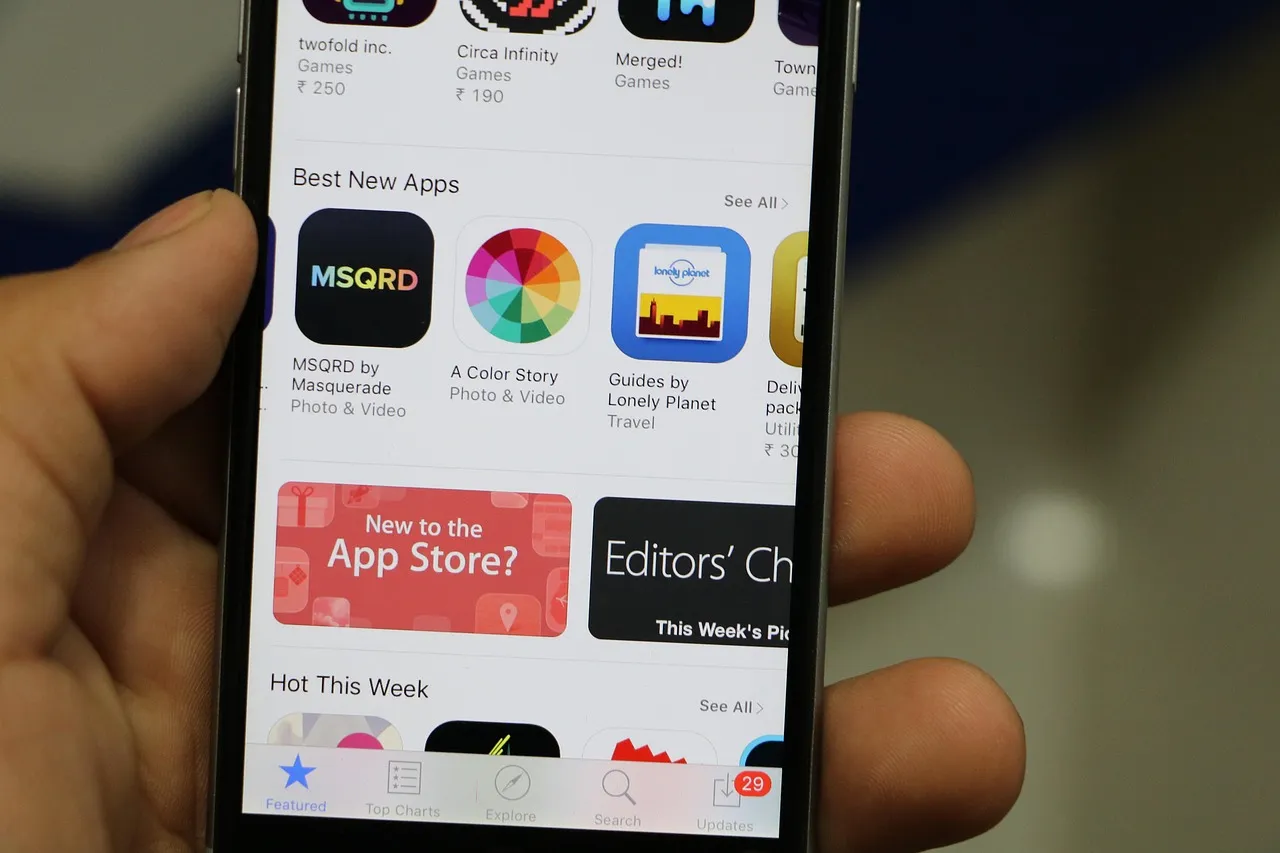The Legality and Ethics of Outboarding

Skift Take
“Outboarding,” as defined by the International Association of Exhibitions and Events (IAEE), is “the creation of a concurrent event that is related to an existing exhibition or event but that is not sanctioned by the organizer and which seeks to benefit from the audience the organizer attracts.” In other words, industry associations consider outboarding to be the poaching of attendees hosted on the event organizer’s dime by entities that did not register or pay to participate in said event.
Outboarding typically includes contacting attendees and inviting them to an activity outside the scope of the event they are attending, which may include meeting in hotel suites, meeting rooms, restaurants, bars or any other outside gathering, all to get in front of the right group of people.
The Case for Side Events
“Side events” is a more affable term for outboarding used by event professionals who believe there’s a better way to craft meetings using the gravitational pull of large sanctioned events. Their motivations are framed in a far less insidious way than being the unethical bad actors industry associations make them out to be. This includes meetings and activities after the event has ended and is no longer in session for the day.
According to Kazarian, an event such as Hubspot’s INBOUND 2023 conference is considered an “ecosystem event” that can be built upon by an overall industry community. The main factor that makes side events more effective than the meetings scheduled during large events and conferences is based on the fact that larger sanctioned events typically host a mix of attendees. This can potentially prohibit attendees from finding their niche crowd and miss out on valuable networking time.
“The host of the larger event is promoting these side events as a mechanism of showing the community that's developed around their event,” said Jonathan Kazarian, CEO of Accelevents, an event technology platform, pointing to the uptick in the trend of events being treated as ecosystems. “It is almost a testament to the maturity of an event.”
Kazarian argues that side events allow a company to identify its ideal customer profile (ICP) and build a side event that caters to it specifically. “At the end of the day, a given ecosystem event isn't going to be able to create a niche for every single community,” he said, noting the difficulty for attendees to meet with such a specific grouping of individuals easily. “The side events allow for that to organically happen.
Legal Considerations
This practice has fallen under the extreme scrutiny of top-tier events such as the Consumer Electronics Show (CES), outlining their stance on the practice and stating that outboarding is “unethical,” “not fair,” and “not tolerated.” However, as outboarding does not violate any laws or statutes, the argument can be made that the practice is only a form of competition between businesses in a free market society.
"While these practices are unfair, unethical and discouraged by most organizations, unfortunately they may not be legally prohibited in most locations – you can’t necessarily stop someone from holding an unrelated event in the same city over the same dates,” said Deputy General Counsel at Maritz, Jill Blood. “If a business is advertising an event on their website that’s taking place at the same time as a major event, it’s likely that there are not any laws to directly prevent them from doing so.”
However, Blood noted that if a non-authorized event utilizes intellectual property maintained by the event host – specifically the event name or logos used – that may violate the law. “IP infringement is one of the most common instances where outboarding might run afoul of the law,” Blood said, noting that it’s essential for planners to ensure they protect intellectual property linked to an event by using trademarks and other IP protections.
Blood explained that event planners could take other steps to deter outboarding primarily by leveraging contract details fleshed out during the RFP and contracting stages of organizing the event. Stipulations to thwart outboarding at the host property can be baked into the contract banning unauthorized side events altogether, including having exhibitors sign contracts that state they will refrain from engaging in the practice.
Ethical Component
Businesses often move in on the territory of other companies offering the same or similar products and services to leech off their competition’s existing clientele and foot traffic – all of whom are further encroached on by digital storefronts such as Amazon. This form of competition is a celebrated pillar of capitalism and is far from being considered illegal in the eyes of the law.
“I'm a big fan of competition,” Kazarian said. “I think the side events create good competition for the main event – it levels it all up – if you don't want to create a better experience or compete to create a better experience, then just quit and get out of the way.”
While events, conferences and trade shows are only in a physical or virtual space temporarily, they are a product of a collaborative effort all the same and subject to the same form of free market competition.
However, the organizers of CES stated that the actual harm caused by outboarding includes luring attendees away from the designated areas of an event, dumping them throughout a city, adding to traffic congestion and taking away from the event organizer's and exhibitors' investment, Kazarian said that Las Vegas is typically subject to traffic congestion regularly due to most and attractions being centrally located off The Strip, but said that it is an exception as many other cities are walkable. Therefore, the movement of attendees does not add to traffic at all. He added that side events after an event has ended allow them to build their community further.
“I think they should be embracing [side events] because that indicates the event was built at scale, it's going to draw more awareness, attention and people to your event – which ultimately drives more sponsorship revenue,” Kazarian said.
Communication is Key
Beyond any law violations or existing contracts, planners must rely on effectively communicating their policy on outboarding. This does not necessarily include an outright ban. Upselling potential side event hosts to becoming exhibitors or sponsors is the preferred route. However, this is not always an option. Companies may not be able to afford exhibiting or sponsoring. Still, if they are hosting side events, this is unlikely to be the case. It's more likely that the company simply sees side events as a superior way to connect with clients and leads.
This can fall under two categories, according to Blood. “There’s two different frames of thought on this,” she explained. “There’s one approach where the event organizer shuts it down completely and this can include sending letters to all attendees stating that engaging with outside entities is prohibited and should be avoided.”
According to Blood, the other course of action is to acknowledge that the side events may be taking place around the main event and coordinate with the organizers of the side events to ensure there is no direct overlap in terms of timeframes. “That may involve coordinating with attendees, exhibitors and other stakeholders to ensure that any side events taking place are happening in a manner that is in line with the broader event.”
Ultimately, Blood said it comes down to handling the situation on a case-by-case basis. Planners should consider the potential benefits or possible detrimental impact of the presence of side events, depending on the scale and type.




